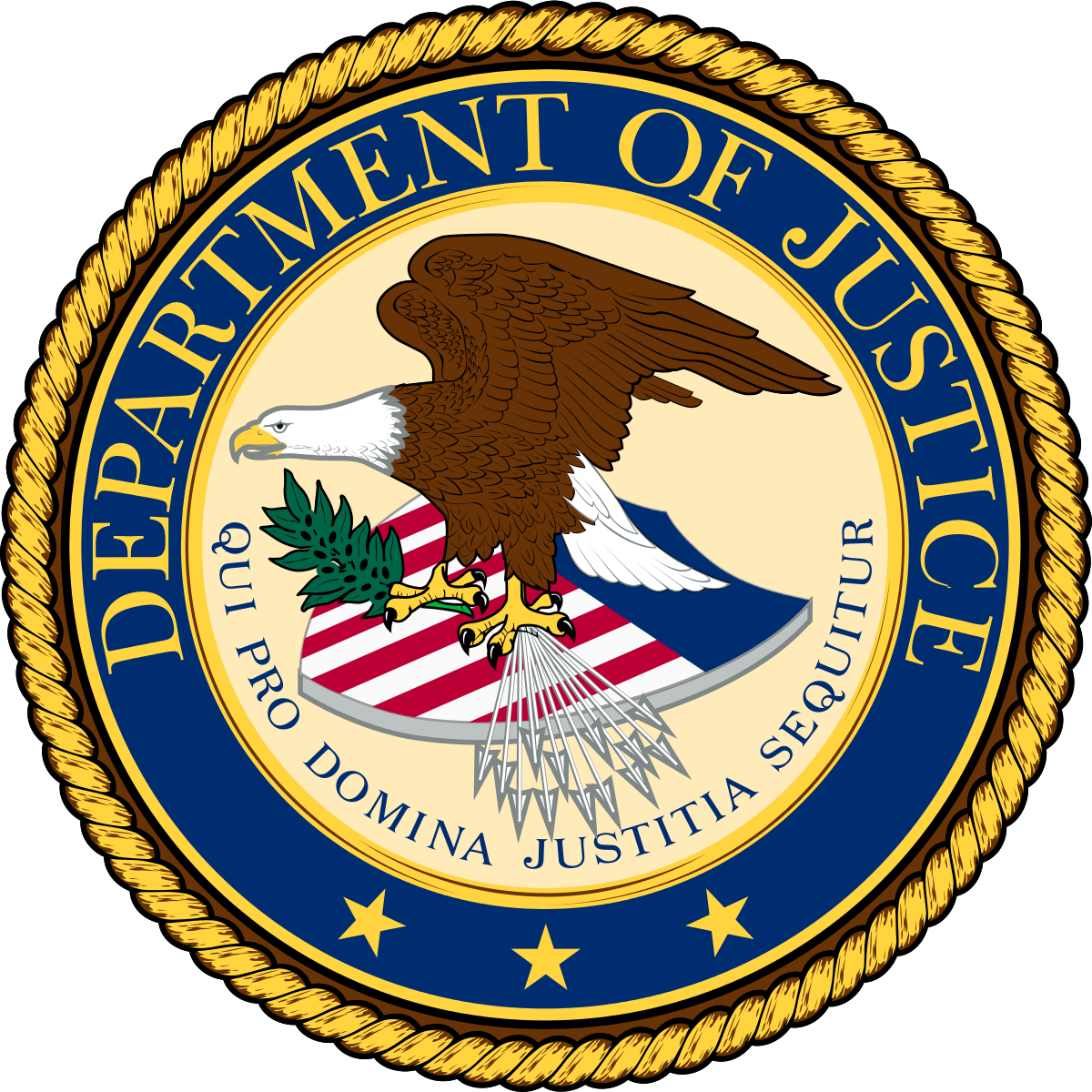How to Avoid COVID-19 Fraud

Ways to Stay Informed:
The best way to avoid fraudsters is to know what to look for. Here are some examples of fraud schemes linked to COVID-19:
- COVID-19 Economic Impact Scam:
Scammers posing as the IRS and other agencies will ask you to sign over your economic impact check, provide your banking information, or pay an advanced fee. The IRS will never ask you for these things.
- Medicare Scams: Scammers are offering free COVID-19 testing for those on Medicare in exchange for your beneficiary information. They then submit claims for unrelated and unnecessary services.
- Supply scams: Scammers are creating fake shops, websites, social media accounts, and email addresses claiming to sell medical supplies currently in high demand, like surgical masks. They take the money but never deliver.
- Provider Scams: Scammers are claiming to be doctors and hospitals that have treated your friend or relative for COVID-19, and demanding payment.
- Charity Scams: Scammers are soliciting donations for individuals, groups, and areas affected by COVID-19.
- Phishing Scams: Scammers posing as health authorities, including the World Health Organization (WHO) and the Centers for Disease Control and Prevention (CDC), are sending phishing emails designed to trick you into downloading malware or providing personal identifying and financial information.
- App Scams: Scammers are creating and manipulating mobile apps designed to track the spread of COVID-19 to insert malware that will compromise your device and information.
- Robocall Scams: Scammers are using illegal robocalls to pitch scams and steal information.
- Investment Scams: Scammers are claiming that the products of publicly traded companies can prevent, detect, or cure COVID-19, and that the companies' stock will dramatically increase in value as a result. These promotions are often styled as "research reports," make predictions of a specific "target price," and relate to low-priced stocks issued by the smallest of companies with limited publicly available information.
- price gouging scams: Profiteers may try to sell essential goods for significantly higher prices. It is legally considered price gouging when a product's price increases more than 25% after an emergency declaration from the Commonwealth of Virginia.
How to Protect Yourself:
- Be wary of Unsolicited Contact: Verify the identity of any health or government authority that contacts you by phone, email, text, or social media using their publicly listed contact information. Government impersonators are active right now!
- Don't Give Out Your Information: Never give out your bank account, Medicare, or Social Security number. The federal government will never ask you to verify this information over the phone, by email, or on social media.
- Fact Check Information: Independently verify the identity of any company, charity, or individual contacting you regarding COVID-19 by checking websites and email addresses, reading online reviews, and researching anyone soliciting donations or investments.
- Hang Up on Robocalls: Do not press any numbers or try to speak with a live operator. This can lead to more robocalls, not less.
- Ignore COVID-19 Cure Offers: If there is a medical breakthrough, you won't hear about it for the first time through an email, online ad, or unsolicited sales pitch.
- Don't click on Links or Attachments
- Don't Send Money: Never send money in cash, by wire transfer, gift card, or in the mail.
Where To Report Suspicious Activity:
If you think you are the victim of a scam or attempted fraud involving COVID-19 or want to report suspicious activities, you can report it without leaving your home by contacting:
National Center for Disaster Fraud
1-866-720-5271
www.justice.gov/disaster-fraud/webform/ncdfdisaster-complaint-form
FBI
https://www.ic3.gov
Virginia State Police
vfc@vfc.vsp.virginia.gov
Eastern Virginia Coronavirus Fraud Coordinator, Kaitlin G. Cooke:
USAVAE.COVID19@usdoj.gov
Western Virginia Coronavirus Fraud Coordinator, Michael Baudinet:
USAVAW.COVID19@usdoj.gov
For COVID-19 Updates Visit:
Centers for Disease Control and Prevention
https://www.cdc.gov/coronavirus
World Health Organization
https://www.who.int/emergencies/diseases/novel-coronavirus-2019
A Message from the U.S. Attorney General:
"The COVID-19 pandemic is a public health issue here in Virginia and around the world. In partnership with our federal and state law enforcement agencies, federal prosecutors are doing everything we can to protect Virginians around the Commonwealth from falling victim to these scams. For anyone victimized by a COVID-19 scammer looking to profit off of this pandemic, our office remains steadfastly committed to pursuing injustice on your behalf."
Coronavirus Fraud Task Force:
The Virginia Coronavirus Fraud Task Force is a federal and state partnership led by the Eastern and Western Districts of Virginia along with fraud investigators from the FBI and Virginia State Police. The task force's mission is to identify, investigate, and prosecute fraud related to the ongoing pandemic. The task force reviews and investigates all credible leads of fraud associated with COVID-19, focusing on schemes to exploit vulnerable populations, including the elderly and concerned citizens.


